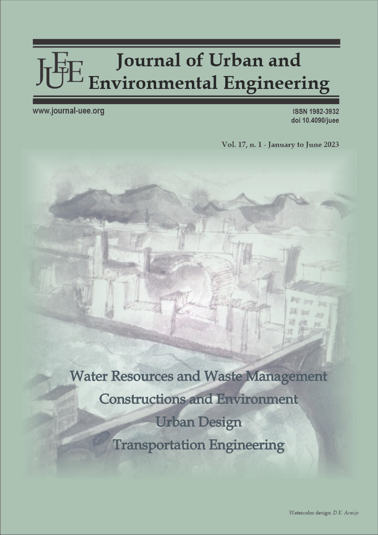IMPACT OF SPECIFIC URBAN PARAMETERS TO IMPROVE PUBLIC POLICIES FOR SUSTAINABLE AND SMART CITIES: CASE STUDY IN BRAZIL
DOI:
https://doi.org/10.4090/juee.2023.v17n1.3-12Abstract
Public administrators, responsible for urban planning, face great challenges to organize and understand the large volume of data generated by cities. These are essential information for public policies. In this context, the present work aimed to analyze georeferenced data and urban parameters, focusing on improving processes related to the planning of sustainable and smart cities. Therefore, a case study was developed in Belo Horizonte. The data were analyzed based on guidelines prescribed by ISO 37.122/2019 and ISO 37.123/2019. The methodology adopted consist of identifying gaps, prioritizing urban parameters, as well as consolidating georeferenced data in a Web GIS platform to study urban problems. The analyzes led to study problems and parameters related to flooding and geological hazards (erosion and silting, landslides, groundwater contamination, and resulting from excavations) as well as their environmental and social causing and aggravating factors. After consolidating the data, it was possible to identify that the parameters (i) population density, (ii) minimum soil permeability coefficients and (iii) boundary of preservation areas had a great impact when associated with environmental conditions (vegetation, use and occupation soil and topography). In this sense, this work contributes to improving methodologies for analyzing the urban environment with a focus on preventing and mitigating these problems.




